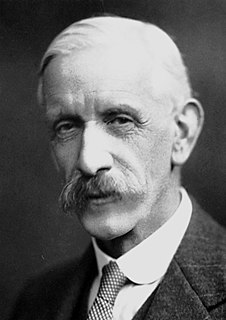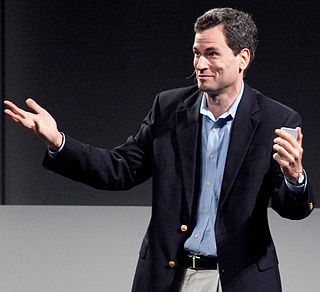A Quote by Frances Arnold
My whole interest is, how do you use evolution as an innovation engine? How does evolution solve new problems that life faces? And to have a system that can create a whole new chemical bond that biology hasn't done before, to me, demonstrates the power of nature to innovate.
Related Quotes
If belief in evolution is a requirement to be a real scientist, it’s interesting to consider a quote from Dr. Marc Kirschner, founding chair of the Department of Systems Biology at Harvard Medical School:
“In fact, over the last 100 years, almost all of biology has proceeded independent of evolution, except evolutionary biology itself. Molecular biology, biochemistry, physiology, have not taken evolution into account at all.
It is essential for evolution to become the central core of any educational system, because it is evolution, in the broad sense, that links inorganic nature with life, and the stars with the earth, and matter with mind, and animals with man. Human history is a continuation of biological evolution in a different form.
I have this amateur side attraction to, and interest in, the sciences and biology and physics and evolution. Paleontology is of interest to me. I'm interested in the way these fields have helped us understand how we are human and why we are human. I'm also from the area that is considered to be the cradle of mankind.
Evolution is one of the most powerful and important ideas ever developed in the history of science. Every question it raises leads to new answers, new discoveries, and new smarter questions. The science of evolution is as expansive as nature itself. It is also the most meaningful creation story that humans have ever found.
It is an old saying, abundantly justified, that where sciences meet there growth occurs. It is true moreover to say that in scientific borderlands not only are facts gathered that [are] often new in kind, but it is in these regions that wholly new concepts arise. It is my own faith that just as the older biology from its faithful studies of external forms provided a new concept in the doctrine of evolution, so the new biology is yet fated to furnish entirely new fundamental concepts of science, at which physics and chemistry when concerned with the non-living alone could never arrive.
When you advance a frontier, you're doing something that no one has done before. Every time that happens, you have to innovate. You have to think in new ways that hadn't been thought before. You have to invent a new piece of hardware, a new concept, a new law of physics, a new material, a new construction material to enable you to accomplish what it is that you chose to reach for by dreaming about tomorrow.































